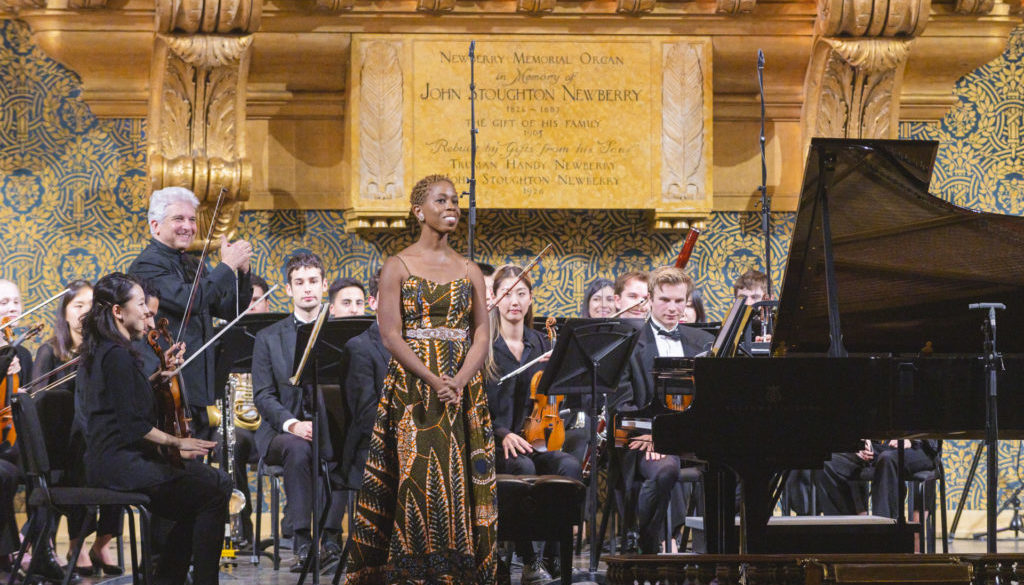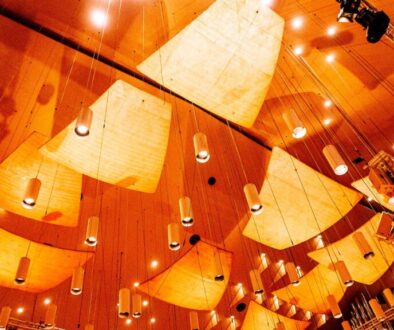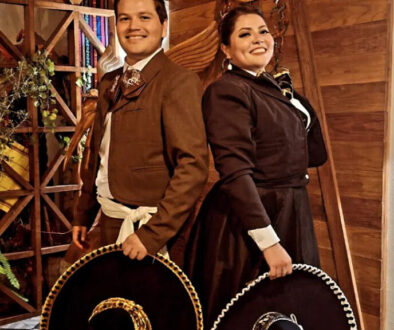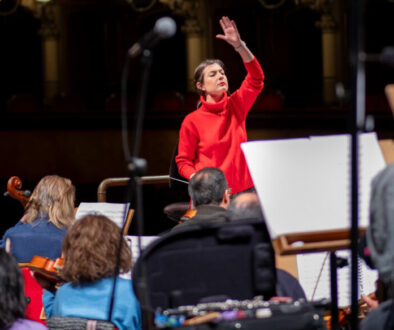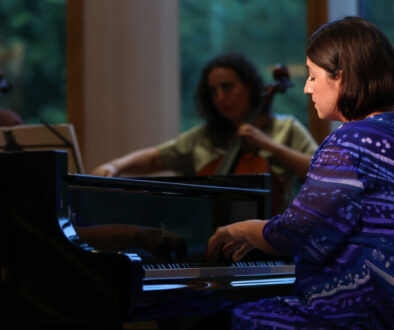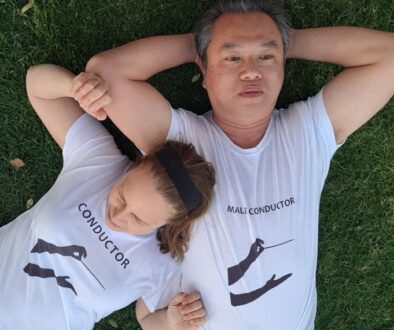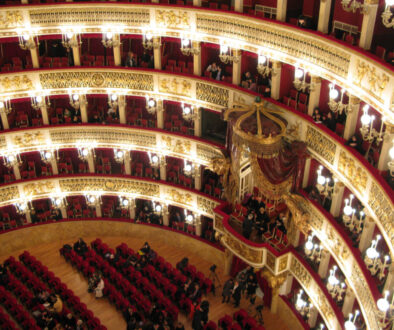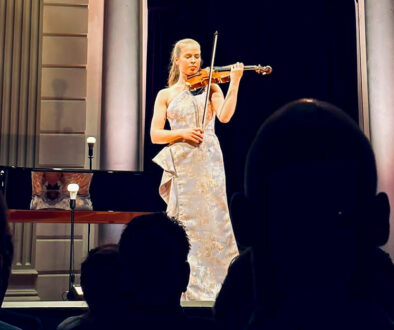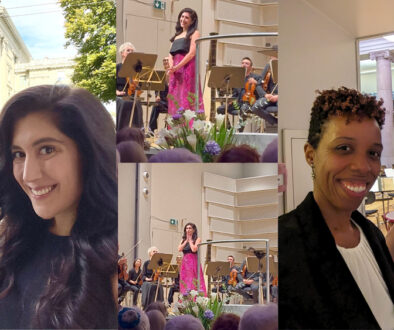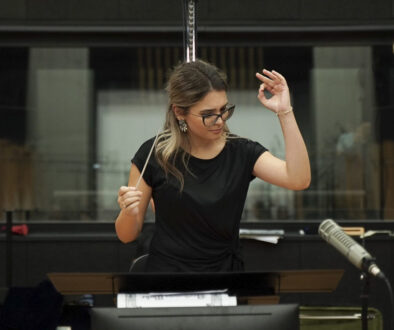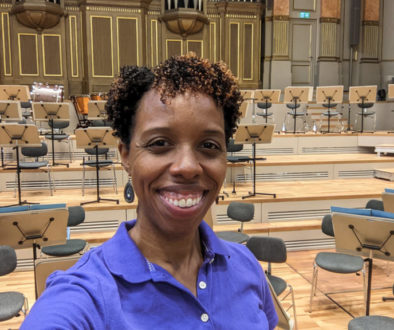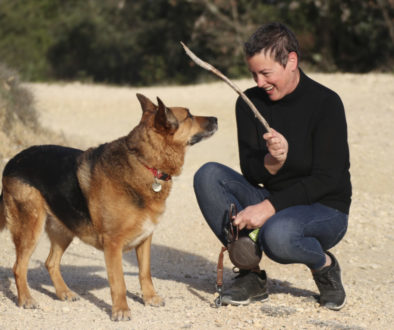Finding my own voice
The moment I heard the piano music of Florence Price and Margaret Bonds, an awe-inspiring world of women in classical music opened up to me. As I heard their compositions, which were a blend of late Romantic virtuosity and African American folk expressivity, I knew that these composers and more would be a part of my journey moving forward. I wanted to chart a classical path for myself that placed women front and center, and celebrated African-ness, from the continent to the diaspora.
I started playing the piano at the age of 3. However, it wasn’t until I went to study abroad at McGill University in Canada, aged 19, that I learned there was a long and beautiful history of Black women in classical music. I was usually the only girl of African descent in the music classroom and had never seen myself reflected in the classical tradition. But at McGill, I had a wonderful professor called Lisa Barg who introduced me to Price and Bonds. She inspired me to keep looking and listening for lesser-known histories. A decade later, I completed my Ph.D. on Price and became recognized as a scholar of her music. But I always felt it was important for me to perform the music too. So, my repertoire typically includes Price’s music, as well as the piano works of other 20th-century composers (which is my favorite era to play).
One of the most magical moments in my career was when the Yale School of Music invited me to perform Helen Hagan’s Piano Concerto in C minor on 21 October 2022. Hagan attended Yale in 1912 and was the institution’s first Black female music graduate. She wrote the concerto in that same year and performed it in a venue called Woolsey Hall. All that is left of the music today, however, is Hagan’s two-piano handwritten arrangement, which I premiered on my 2022 Black Renaissance Woman album. But a few months after the release of Black Renaissance Woman, I had the honor of playing in the same venue that Hagan had once played in. I gave the world premiere of a new orchestration that reimagined Hagan’s two-piano manuscript. Championing Hagan at Yale and having the opportunity to talk about the historical significance of this performance with the Washington Post are some of the proudest moments of my career.
I am thankful for the ways in which these musical women of the past have helped me find my own voice as a classical pianist. There are many times when my performances represent national and world premieres, which is a very special privilege. It is so exciting to create programs that transform the ways audiences appreciate classical music. This motivates me to continually explore what it means to be a communicative, expressive, and even vulnerable performer. I can never forget the awe and inspiration I felt when I first learned about the brilliant world of Black women in classical music. As a result, I always aim to bring that awe and inspiration to my audiences.

